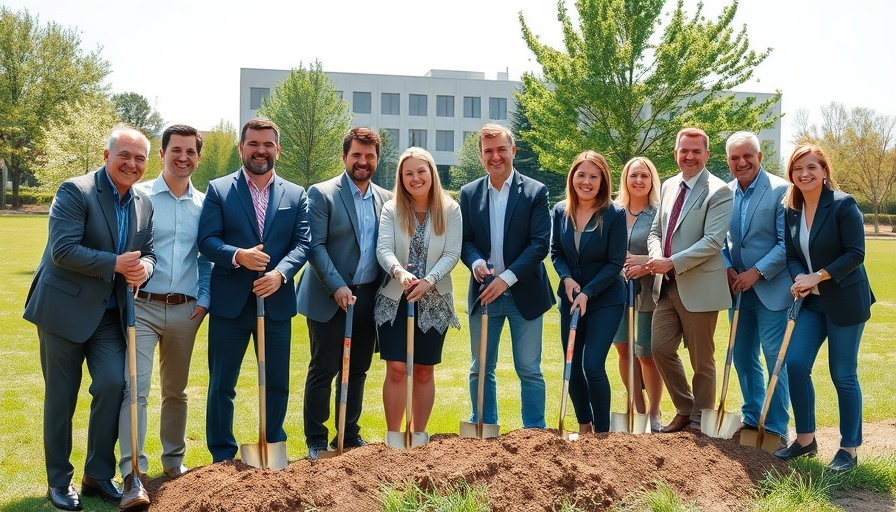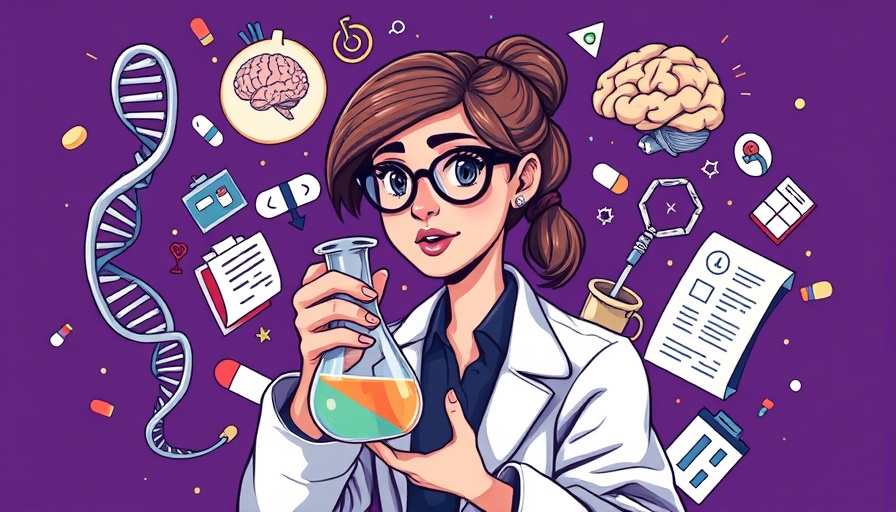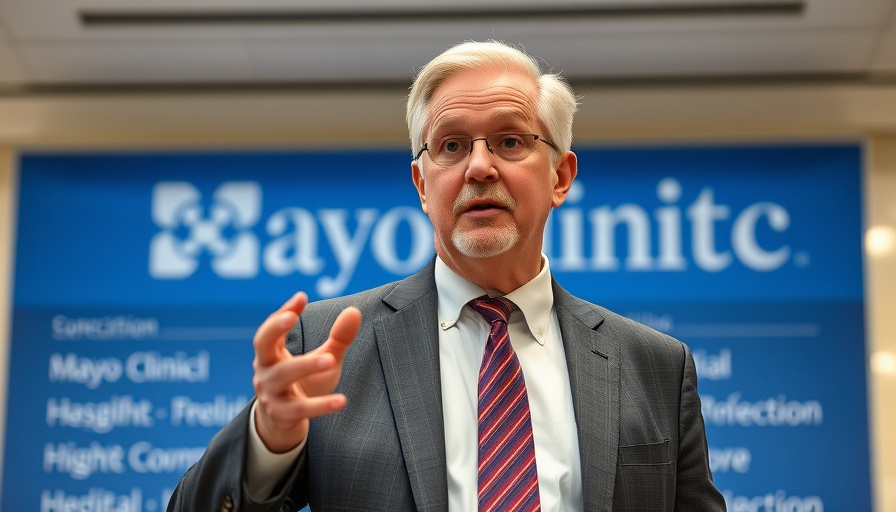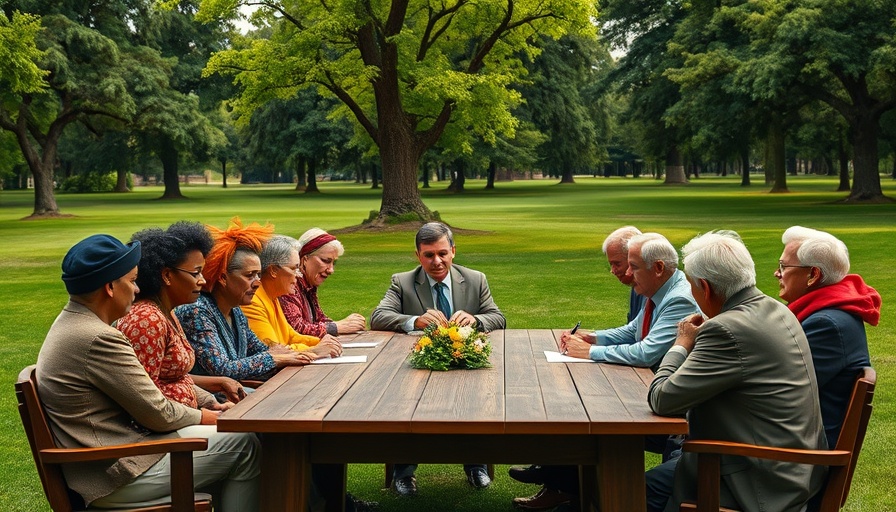
The Celebration of Community Renewal
The recent reopening ceremony of Peace Garden Drive marked a momentous occasion for local residents, highlighting community spirit and collaboration. This road had been a vital part of the neighborhood, and its closure had left many longing for the reconnection it brought. As Gilbert Smith, a local resident expressed, "This is not just about a road; it’s about our community coming together once again." The event saw a rich turnout of residents, city officials, and families, all united in celebration of their shared space.
The video 'Peace Garden Drive Reopening Ceremony' shines a light on the importance of community spaces, leading us to explore the revitalizing connections formed during this celebration.
Unity Through Nature
One of the key aspects of the Peace Garden Drive is its connection with greenery and nature. The road is lined with trees and gardens, providing a refreshing environment for pedestrians and cyclists alike. With increasing awareness of mental health, spaces that promote outdoor activities are essential. The reopening encourages residents to incorporate more walks in their daily routines, fostering a healthier lifestyle that benefits mental and physical well-being.
Community Engagement and Its Importance
The reopening ceremony was not only about cutting ribbons; it was a call for community engagement. Engaging local youth in future projects can nurture their sense of responsibility towards their environment. Leaders emphasized that revitalizing spaces and actively involving residents can lead to a stronger, more resilient community. This sentiment resonated with many who attended, further urging individuals to participate in future community initiatives.
Inspiring Action in Our Neighborhoods
Taking part in local events like the Peace Garden Drive reopening serves as a reminder of the positive change a unified community can achieve. It inspires individuals to take proactive actions in their neighborhoods, from participating in clean-up efforts to starting community gardens. By showcasing how everyone can contribute, this ceremony has sparked a wave of enthusiasm for improving local public spaces.
 Add Row
Add Row  Add
Add 




Write A Comment